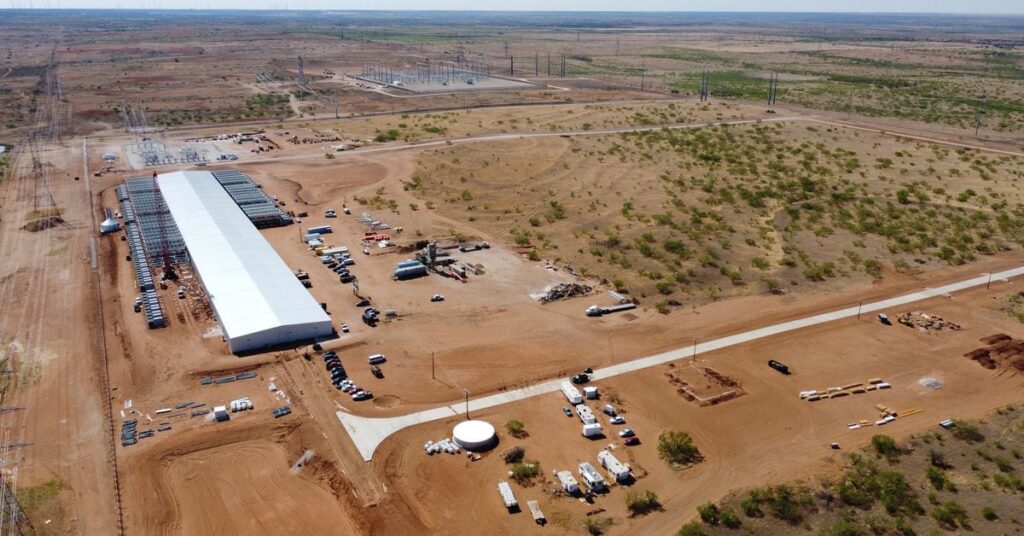Bitcoin (BTC) mining was more profitable in February than in January as the price of the world’s largest cryptocurrency rose 15% while the network hashrate increased at a slower rate of 9%, investment bank Jefferies said in a research report on Monday.
Publicly listed North American mining companies produced a smaller share of bitcoin compared with the previous month, slipping to 17.5% of the total network from 19%, as new hashrate came online from other sources, the report said. Hashrate refers to the total combined computational power that is being used to mine and process transactions on a proof-of-work blockchain, such as Bitcoin.
“From a year ago, the network hashrate has nearly doubled, but the publicly traded miners have lost market share,” analysts Jonathan Petersen and Amanda Santillo wrote.
Marathon Digital (MARA) had previously used third-party providers to host its machines rather than building its own infrastructure, the report noted, but the company has changed strategy and is buying out some of the hosting services, a “defensive move ahead of the halving,” and a strategy Jefferies says it supports.
“The scale of MARA is a competitive advantage when it comes to buying more ASICs to grow and maintain market share,” the authors wrote.
The bank maintained its hold rating on Marathon Digital shares, and cut its price target to $24 from $30 to “reflect the downtime at the Applied Digital sites, which has weighed on our confidence of future uptime assumptions.”
It increased its price target on hold-rated Argo Blockchain (ARBK) to $1.50 from $1.20 to reflect the higher bitcoin price. “With less capex dedicated to mining facility development ARBK should have cash to buy additional miners and increase hashrate more quickly,” the bank said.
Read more: Bitcoin Miners Need to Be Proactive to Hold Their Positions After Halving: Fidelity Digital Assets



